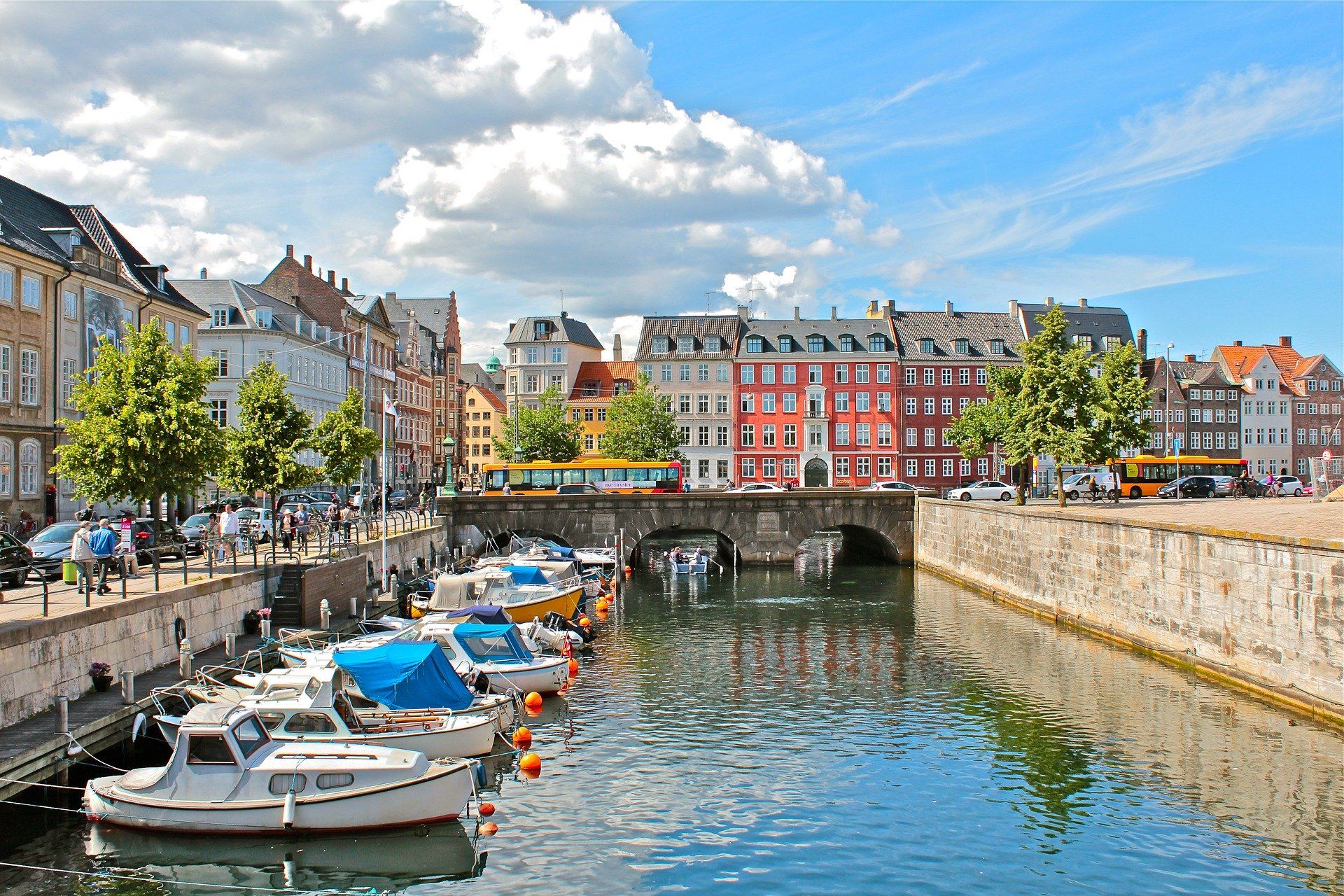You may have noticed how many Danes love their Friday slik candy fix on the sofa, often washed down by a few glasses of wine.
So this might come as a surprise: Denmark has ranked eighth worldwide for having the fewest unhealthy habits.
A study conducted by Medical Aid analysed various factors that negatively influence peoples’ health across 50 countries around the world.
Relatively inactive and they like a drink
With an unhealthy lifestyle score of 3.28 out of 10, Denmark can give itself a fairly big pat on the back.
Nevertheless, its rate of physical inactivity is relatively high at 28.5 percent of the population, although this was way better than table leaders Saudi Arabia on 55 percent.
Furthermore, the average Dane consumes 9.2 litres of alcohol per year, not far behind top drinkers Latvia on 11.2 litres.
According to the EU Commission’s latest Country Health Profile, binge drinking among Danish adolescents and low physical activity are major public health concerns.
India top, Bulgaria last
India topped the rankings (see top ten below) thanks to the lowest lowest obesity and smoking rates, followed by Iceland, Sweden, Israel and Finland. With Norway sixth, Denmark finished last in the Nordics.
Meanwhile, Bulgaria had the unhealthiest lifestyle (7.94/10) thanks partly to the highest smoking rate (35.5).
Once again, the US as the inventors of fast food did not fall short of expectations, achieving an obesity rate of 36.2 percent – the highest in the survey.
While South Africa had the highest STD prevalence with 37,273 cases per 100,000 people.












